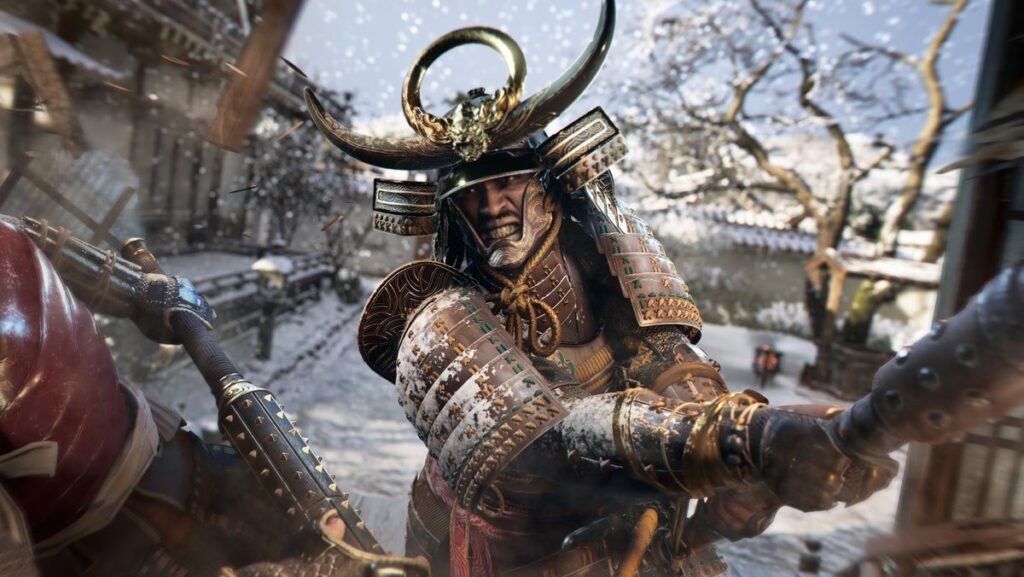Ubisoft’s highly anticipated title Assassin’s Creed Shadows, set in feudal Japan, has landed in hot water due to allegations of cultural insensitivity. This controversy has not only affected the game’s reputation but also prompted significant repercussions, such as Ubisoft’s withdrawal from the Tokyo Game Show—a key platform for promoting games in the Japanese market.
The Core of the Controversy
The backlash centers around artistic and narrative choices in the game, along with associated merchandise. Critics argue that some elements misrepresent and commodify Japanese heritage, particularly using sacred or culturally significant symbols as mere aesthetic tools for storytelling. These creative liberties, seen by many as disrespectful, have ignited debates about the responsibilities of global game developers when dealing with culturally rich and sensitive settings.
For instance, one major point of contention was the design of collectible figurines and in-game references perceived as trivializing Japan’s historical tragedies. Although Ubisoft has previously marketed its games as a blend of history and fiction, the line between artistic freedom and cultural appropriation seems to have blurred, leading to public outcry in Japan and beyond.
Ubisoft’s Response
Ubisoft released a statement clarifying that Assassin’s Creed Shadows, like other titles in the franchise, does not aim to serve as an accurate historical depiction. According to the company, the game strives for an immersive experience while taking creative liberties to build its narrative.
However, this explanation has not fully mitigated concerns. Instead, it has raised questions about the balance between creative storytelling and respect for cultural authenticity. To further complicate matters, rumors are circulating about potential delays for the game, originally slated for a November 12, 2024, release. Insiders suggest that the backlash might have prompted a reassessment of in-game content, though Ubisoft has not confirmed these speculations.
Impact on Ubisoft’s Reputation
The decision to skip the Tokyo Game Show reflects the gravity of the issue. The event is a critical stage for engaging with Japanese gamers and industry professionals, and Ubisoft’s absence is a significant setback. Moreover, the controversy risks alienating a broader segment of players who value cultural respect in media representations.
Ubisoft’s challenges also highlight a recurring issue in the gaming industry: balancing global appeal with cultural sensitivity. While the Assassin’s Creed series has earned acclaim for its historical settings, including Egypt, Greece, and Italy, this incident demonstrates the difficulties of navigating cultural complexities in a global market.
Looking Ahead
The controversy surrounding Assassin’s Creed Shadows is a stark reminder of the fine line between cultural homage and misrepresentation. For Ubisoft, the stakes are high. Successfully addressing these concerns could reaffirm its position as a pioneer in narrative-driven gaming, while failure to do so risks long-term reputational damage.
As the release date approaches, all eyes will be on Ubisoft’s next steps—whether in revising its content, engaging with critics, or reinforcing commitments to cultural sensitivity. The outcome may not only influence Assassin’s Creed Shadows but also set a precedent for how the gaming industry handles culturally sensitive material in the future.






